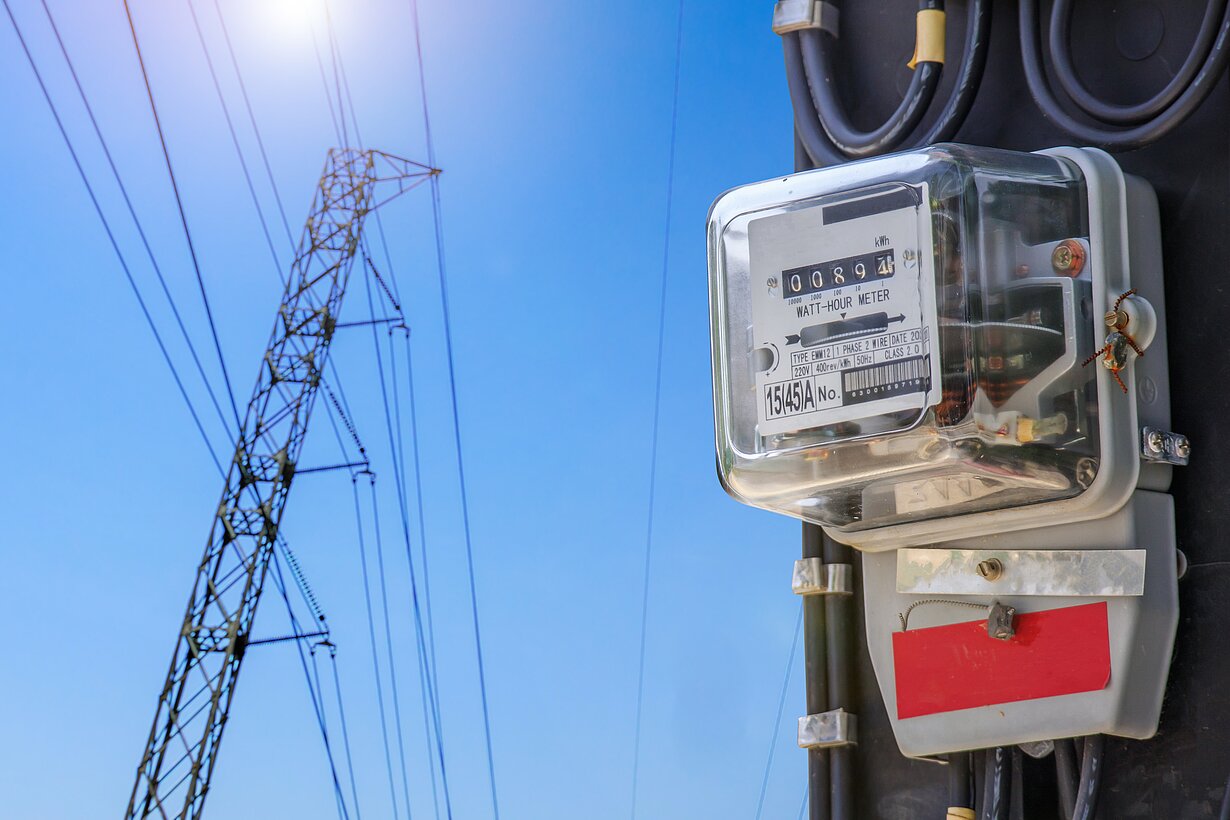Episode 64: electricity tariffs
In this podcast, we talk with Maximiliane von Butler, a representative of power trader Tibber - and an expert on energy economics, Dr. Serafin von Roon (Ffe).
Also subscribe to the Redispatch Podcast from the Research Society for Energy Economics: www.redispatch-podcast.de
Our guests quickly agree that in the future, electricity should be consumed more when it is also generated sustainably and is available. Electricity pricing is already excellently suited to this with the help of the merit order principle. This is because the amount of electricity traded on the exchange automatically reflects producer prices. A lot of solar and wind power in the electricity mix means low electricity prices. Few available renewables tend to lead to high electricity prices on the exchange. Even though there are still many misconceptions surrounding "cheap nuclear power" and the use of fossil fuels, the established price mechanisms certainly seem to go hand in hand with sustainability goals in the energy market.
This price dynamic is now also taking hold in the private electricity market: More and more customers of dynamic electricity tariffs benefit from price-controlled charging of e-cars or home storage systems. This is because charging can be easily linked to the electricity price, which is now accessible to them and fluctuates greatly over time. The devices are therefore always charged when the price is low.
The biggest problem at present is still regulation: For years, vehicle-to-grid concepts, among others, have been predicted to unleash great leverage in terms of grid stability. However, this is failing due to (1) battery guarantees for e-cars, (2) tax obstacles, and (3) a lack of business models.
The extent to which the goal of energy self-sufficiency (PV system, home storage, e-car) should be questioned by the availability of dynamic electricity tariffs is ultimately clarified by our guest Dr. Serafin von Roon with the following statement: "Only a few homes get through the winter entirely without a grid connection. However, if this is the stated goal, dynamic tariffs naturally take a back seat."
Note: With the electricity tracker "Tibber Pulse" mentioned in the video, customers can be billed at hourly exchange electricity prices (plus taxes and levies) even without smart meters. Another advantage, in addition to the ability to selectively shift consumption to favorable hours, is the real-time display of one's own electricity consumption in the Tibber app.
Related links:
https://www.redispatch-podcast.de/
https://www.ffe.de/veroeffentlichungen/entwicklung-der-energie-und-co2-preise-2022/
https://www.linkedin.com/feed/update/urn:li:activity:6993469683265896448

